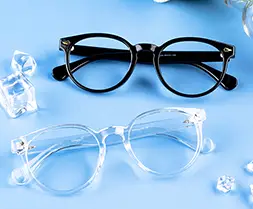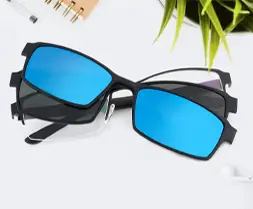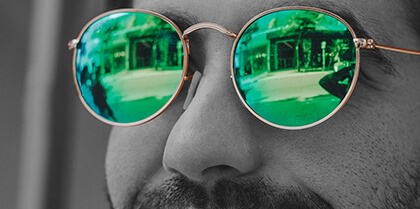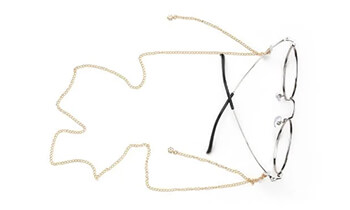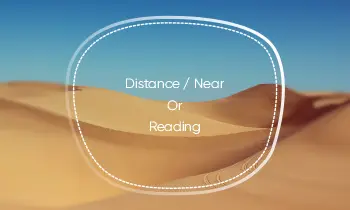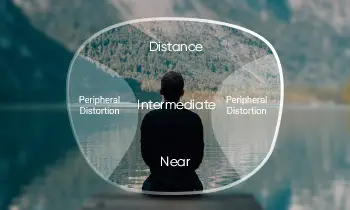A risk factor that cannot be ignored: LATE SLEEP is destroying the vision of children and adolescents
A collaborative study found that all else being equal, the behavioral factor of "late sleep" alone was associated with higher rates of myopia and faster growth in school-age children.
As for the relationship between sleep and myopia, a survey of adolescents in the Korean National Health and Nutrition Examination found that the prevalence of myopia was significantly lower among adolescents who slept more than 9 hours than those who slept less than 5 hours. Furthermore, sleep duration and myopia showed a negative correlation link, with the less sleep, the more likely to be myopic, with an average increase of 10 degrees of myopia for every hour of sleep reduction.
Why sleep deprivation can cause myopia
Vegetative Nerve
Some experts in children's myopia prevention and control believe that sleep deprivation leads to disrupted circadian rhythm, and abnormal circadian rhythm will promote abnormal eye growth and refractive error, reduce sleep quality, and shorten sleep time.
Eye development and vision regulation are mainly governed by the vegetative nerves of the eye, namely the sympathetic and parasympathetic nerves. When there is a dysfunctional disorder of the vegetative nerves, the ciliary muscle will contract abnormally, making the eye axis longer and thus forming myopia.
And according to surveys and statistics, lack of sleep time is the primary factor causing vegetative nerve dysfunction in the eyes.
Intraocular Pressure
The eye is constantly working during the day; the eye tissue works for a long time; just like a machine that runs for a long time, it will continuously generate heat, increasing intraocular pressure. Initially, the heat accumulated during the day needs to be dissipated and lowered by sleeping at night with your eyes closed. Still, suppose you don't get enough sleep and have poor sleep quality. In that case, the eye pressure will not be lowered as expected, resulting in the atrial and vitreous fluid not flowing smoothly to dissipate the heat accumulated from daytime work and toxic waste. This then activates the relevant growth factors in the eye and sends out growth signals, leading to a rapid increase in the eye and the development of myopia as the eye axis crosses orthokeratology.
How to improve sleep deprivation in children
01. Sleep on time
The best sleep time for humans should be 10 pm-6 am, and for children, 8 pm-6 am. Of course, adolescents may sacrifice sleep time for studying to catch the night train or for entertainment, but it is also essential to manage time as well as possible to ensure that you sleep at the best time and on time.
02. Bedtime preparation
Before bedtime, avoid eating, drinking stimulating drinks, excessive emotional excitement, entertainment, and talking to ensure a stable and comfortable mood.
03. Attention to sleeping position
"Sleeping like a bow" can be just right to reduce the force of the earth's heart on the body. At the same time, lying on the right side can reduce the pressure on the heart while trying not to put hands near the heart to avoid waking up because of nightmares.
04. Sleeping environment
Make an effort to create an environment suitable for sleep. Sleep with moderate light, soften the colors around you, ventilate but not let the wind blow directly, and prevent noise disturbance. Try not to sleep with the lights on because sleeping with the lights on for a long time will cause the pupils to not relax and the nerves and muscles on the eyes to be in a constant state of tightness.
Daytime catch-up sleep = ineffective sleep
When we sleep at night, a gland deep in the brain called the pineal gland secretes the hormone melatonin. It improves sleep quality, regulates sleep rhythms, and allows people to fall into a deep sleep. But this hormone is secreted in the dark. In the presence of light, secretion is suppressed, and almost no secretion during the day.
So hurry up and give up the illusion of daytime sleep, ensure sufficient and effective sleep time at night, and care for the healthy development of children's vision!









